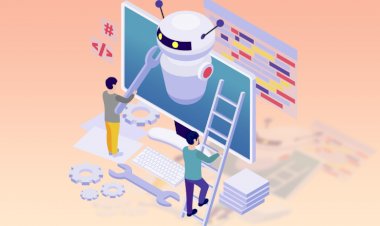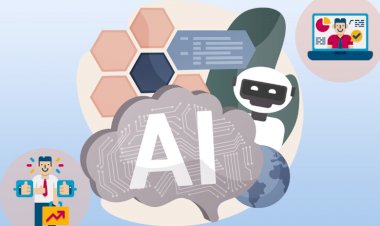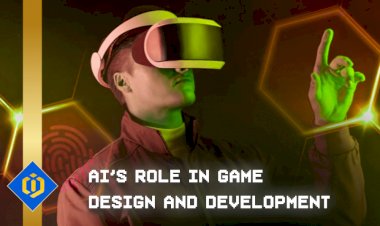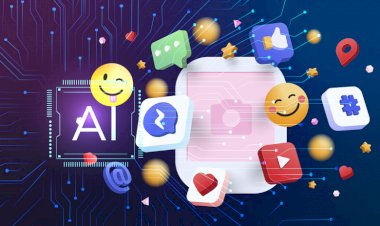A Future of Improved Learning with the Help of Artificial Intelligence?
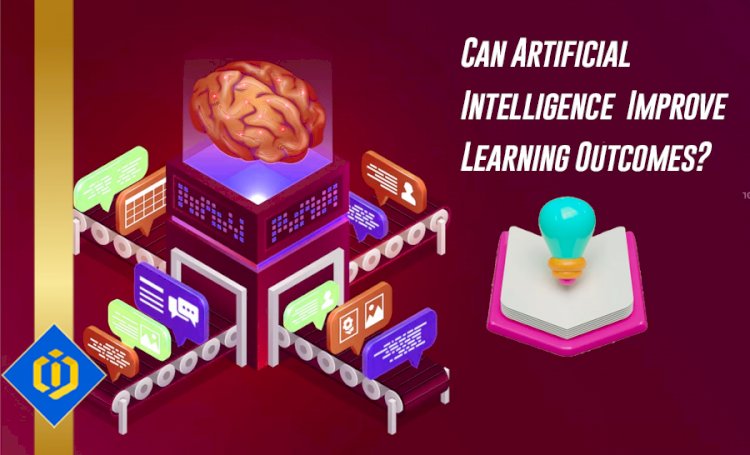
By enabling personalized learning, giving students immediate feedback, and automating repetitive administrative tasks, artificial intelligence (AI) has the potential to revolutionize education. There are advantages and drawbacks to take into account, just like with any new technology.
Personalized learning is one application of artificial intelligence in education. Machine learning algorithms can examine student data to determine their strengths and weaknesses and offer personalized learning experiences that are suited to their particular requirements. The results of this may be enhanced student engagement and better learning outcomes.
Students may receive immediate feedback from AI. Machine learning algorithms can spot mistakes and give students immediate feedback by reviewing their submitted work. This can make it easier for students to recognize their errors and quickly and successfully apply what they have learned.
Automating rote administrative tasks is another way AI is being used in education. AI, for instance, can be used to grade assignments and exams, freeing teachers to concentrate on more crucial tasks like lesson planning and offering individualized support to students.
Despite the potential advantages of AI in education, there are still issues that need to be resolved. One worry is that AI might cause teachers and other education professionals to lose their jobs. Make sure AI is utilized to support human educators rather than to replace them.
The potential for AI to strengthen prejudices and inequalities already present is another worry. AI may exacerbate discrimination and maintain current inequalities if it is not created with fairness and objectivity.
It is crucial to invest in research and development to make sure that these technologies are created to be fair, transparent, and ethical in order to ensure that AI is used effectively in education. To make sure that teachers are equipped to use these technologies effectively in their classrooms, it is also crucial to invest in their training.
In summary, artificial intelligence (AI) has the potential to revolutionize education and enhance learning outcomes. AI can increase student engagement and help students reach their full potential by enabling personalized learning, offering real-time feedback, and automating repetitive administrative tasks. Addressing the issues and making investments in training for educators as well as research and development are necessary to ensure that AI is used effectively in education.
By Pooyan Ghamari, a Swiss economist who is exploring the impact of AI on education

 content-team
content-team 


